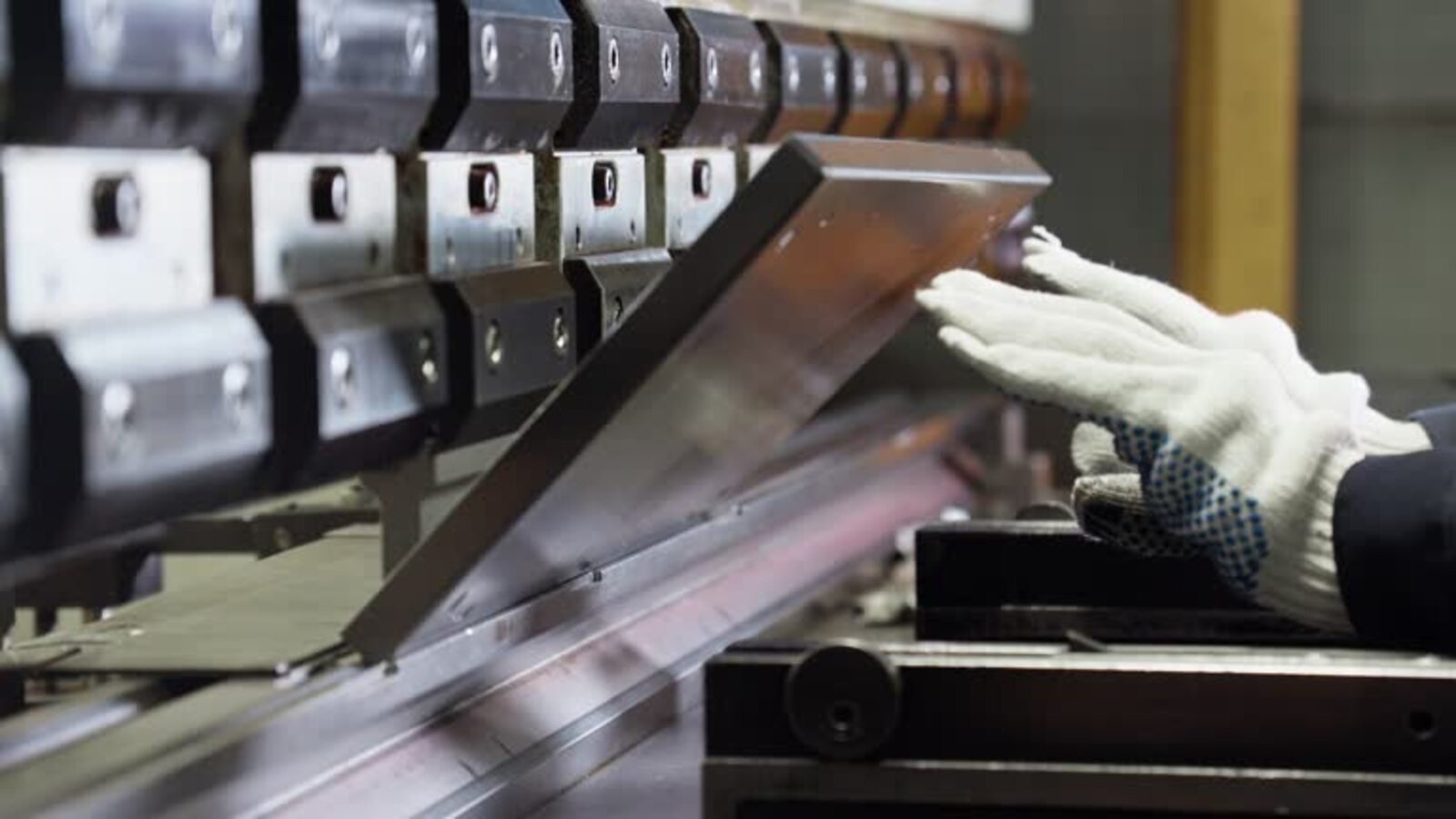Introduction
Metal production is a vital aspect of manufacturing, construction, and engineering. The quality of the metal materials used in various applications can make a significant difference in the final product's performance, durability, and safety. Therefore, manufacturers and metal fabricators need to implement effective quality control measures to ensure that the metal materials meet the specified standards and requirements.
Quality control is crucial in metal material production to avoid costly defects, delays, rejects, and safety hazards. Quality control involves a set of procedures, standards, and tests that ensure that the metal materials are consistent, precise, and meet the intended specifications. Quality control also helps to improve the overall efficiency, productivity, and reputation of the metal production industry.
The Steps Involved in Quality Control in Metal Material Production
Quality control in metal material production involves several steps, including inspection, testing, documentation, and corrective actions. Inspection is the first step in quality control, where metal materials are visually examined to ensure that they are free from defects, such as cracks, scratches, porosity, and surface contamination.
Once the inspection is completed, the metal materials undergo various tests, such as mechanical, chemical, non-destructive, and metallurgical tests, to evaluate their properties, strength, durability, and composition. The test results are documented and analyzed to determine if the metal materials meet the specified requirements.
If any deviations or defects are detected, corrective actions are implemented to rectify the issues and prevent further problems. Corrective actions may involve rework, repairs, or rejection of the non-conforming metal materials.
The Key Factors Affecting Quality Control in Metal Material Production
Several factors can affect the quality of metal materials, including raw materials, manufacturing processes, equipment, personnel, and environmental conditions. Quality control must address these factors through continuous monitoring, calibration, maintenance, training, and improvement measures.
The Benefits of Implementing Effective Quality Control in Metal Material Production
Effective quality control in metal material production has several benefits, such as reducing waste, defects, and rework, improving product consistency, reliability, and safety, enhancing customer satisfaction, and minimizing costs and risks.
The Challenges of Quality Control in Metal Material Production
Quality control in metal material production also has its challenges, such as increased complexity, variability, and diversity of metal materials and applications, changing customer requirements and standards, and limited resources and expertise in implementing quality control systems. Therefore, manufacturers must stay updated with the latest technologies, standards, and best practices in quality control to address these challenges.
The Role of Technology in Quality Control in Metal Material Production
Technology plays a vital role in quality control in metal material production, with advancements in materials testing, inspection, and automation. For instance, X-ray fluorescence (XRF) testing can quickly and accurately determine the elemental composition of metal materials, while ultrasonic testing can detect internal defects and flaws.
Automation systems, such as robotics and machine learning, can also enhance the precision and speed of metal production processes, reducing the potential for human errors. Therefore, manufacturers should invest in the latest technologies to improve the quality and efficiency of metal material production.
The Future of Quality Control in Metal Material Production
The future of quality control in metal material production is promising, with the increasing adoption of digitalization, data analysis, and artificial intelligence. The use of sensors, internet of things (IoT), and cloud computing can enable real-time monitoring and analysis of metal production processes, enabling faster and more accurate quality control measures.
Furthermore, the integration of quality control systems with supply chain management and customer feedback can provide end-to-end visibility and accountability for metal production quality. Therefore, manufacturers must embrace these technological advances to remain competitive and deliver high-quality metal materials to their customers.
Conclusion
Quality control is essential in metal material production to ensure consistency, precision, and compliance with the specified requirements. Quality control involves several steps, including inspection, testing, documentation, and corrective actions, and must address various factors that affect the quality of metal materials. The use of advanced technologies and continuous improvement measures can enhance the effectiveness and efficiency of quality control in metal material production, providing significant benefits to manufacturers and end-users alike.
Quote Inquiry
Contact us!
